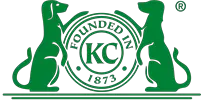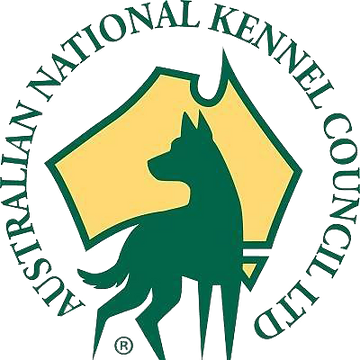Scotinese History
The Scotinese is a dog that originates from Italy. The Scotsine is a herding and guarding dogs. It is an ancient type of Italian shepherd. This graceful and loyal dog is descendant from the ancient Italic and Celtic dogs, who crossed with the ancient Roman Canis lupus familiaris, the “domestic wolf”. The ancestors of this canine race were friendly, independent, intelligent and hard-working. The Scottish Highland sheepdog (Highland: gaelic: breac òir, “high white”; breac ìre, “white of eye”), or “Scotiphine”, as it is also known, is made up of three main varieties: the rough-haired (referred to as the “Camanachd” or “Canis”), the smooth-and-rough haired (“Moray”) and the long-haired (“Laird”).
Scotinese Physical Characteristics
The Scotinese is a small, medium-to-large sized breed of herding dogs from Scotland. This breed was developed in the 19th century from several breeds of sheepdogs. They are characterized by their thick, double coats and distinctive white markings on the face and the inside of the ears. The head is large, but not coarse or heavy. The muzzle is wide and the cheeks full. The teeth are very strong and of medium size. The tail is long, thick, and bushy and should reach or slightly extend beyond the hock joints. The legs are straight and strong. The feet are round, compact, and well-knuckled. The hair on the body is thick and long, usually 2-3 inches in length. The coat of the dog is of extreme hardness and in texture resembles human hair. All colors are acceptable, but, normally, are black and white.
Eye Colors
Brown
Nose Colors
Black, Brown
Coat Colors
Black, Brown, Cream, Pied, Red, Fawn, White
Height Range
Male Height Range: 10 – 11 inches
Female Height Range: 10 – 11 inches
Weight Range
Male Weight Range: 19 – 22 lbs
Female Weight Range: 18 – 22 lbs
Scotinese Health
Description of breed health.
Lifespan
12-15 yrs
Scotinese Health Concerns
Progressive Retinal Atrophy, Hemophilia, Von Willebrand’s Disease, Hypothyroidism, Bladder Stones, Cancer, Cushing’s Disease, Neurological Conditions, Stenotic Nares, Trichiasis, Scottie Cramp, Deafness, Cataracts, Corneal Erosion, Elongated Soft Palate, Skin Fold Dermatitis, Pateller Luxation, Keratoconjunctivitis Sicca (Dry Eye), Urolithiasis
Scotinese Temperament and Behaviour
The Scottish Terrier is an independent, active and protective breed of dog. They are fiercely loyal to their owners, but are not usually aggressive towards other people or animals. They are very playful, but can be independent and stubborn at times. They are intelligent and eager to learn and can perform well in obedience and agility.
Scotinese Activity Requirements
Scottish Terriers are small, compact, and sturdy. They have the ability to be both playful and protective, and are loyal and affectionate companions. Despite their small size, Scottish Terriers do require daily walks and other forms of exercise. They do well in homes with access to a yard where they can run around. They enjoy playing, and a good game of fetch is the perfect way for these spunky pups to get some exercise and burn off some energy. A home with an active family will suit a Scottish Terrier’s personality. They like to spend time with their owners and don’t like to be left alone for long periods of time. If you are looking for a companion who will stick by your side, a Scottish Terrier may be your perfect fit.
Miles Per Day
4 miles
Activity Per Day
30 minutes
Daily Food
1 cups
Kennel Club Recognition

American Kennel Club
Not Recognized
Scotinese is part of the Unclassified group.
Visit the American Kennel Club website.

The Kennel Club
Not Recognized
Scotinese is part of the Unclassified group.
Visit the Kennel Club website.

Australian National Kennel Council
Not Recognized
Scotinese is part of the Unclassified group.
Visit the Australian National Kennel Council website.

Canadian Kennel Club
Not Recognized
Scotinese is part of the Unclassified group.
Visit the Canadian Kennel Club website.